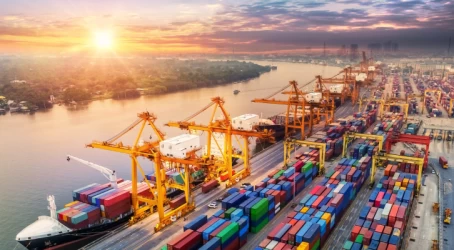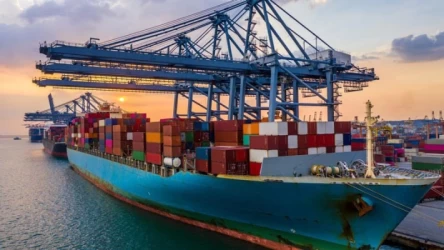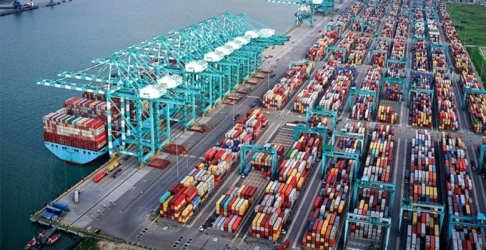Guide to Trade with Belgium, Maritime Transport
Belgium, located in the heart of Europe, serves as a strategic trade partner due to its excellent logistics infrastructure and access to major European markets. The country's well-developed ports, such as the Port of Antwerp and the Port of Zeebrugge, facilitate efficient maritime transport, making it a hub for international trade.
Understanding the Belgian Market
To successfully trade with Belgium, it's crucial to conduct thorough market research. Understanding local consumer preferences, regulations, and economic conditions can significantly enhance your business prospects. Belgium's economy is diverse, with key sectors including manufacturing, services, and technology.
Ports and Maritime Transport
Port of Antwerp: One of the largest ports in Europe, Antwerp handles a vast volume of cargo and offers excellent connectivity to global shipping routes. The port is well-equipped with modern facilities for handling containers, bulk goods, and specialized cargo.
Port of Zeebrugge: Known for its efficiency in handling roll-on/roll-off (RoRo) vessels, Zeebrugge is ideal for transporting vehicles and heavy goods. It serves as a crucial gateway for trade between the UK and mainland Europe.
Customs Regulations
Navigating customs regulations is vital for smooth trade operations. Belgium follows the EU customs code, which mandates specific documentation for imports and exports. It’s essential to familiarize yourself with the necessary paperwork, including invoices, packing lists, and customs declarations.
The Shipping Process
Engaging a reliable freight forwarder can simplify the shipping process. These professionals manage logistics, ensuring that your goods are transported efficiently from the point of origin to the destination. They assist with customs clearance, helping you navigate the complexities of import regulations.
Logistics Costs
Understanding logistics costs is essential for budgeting and pricing strategies. Costs may include shipping fees, customs duties, insurance, and storage. It’s advisable to compare rates from different carriers and forwarders to secure the best deals.
Trade Opportunities
Belgium offers various trade opportunities across sectors such as technology, pharmaceuticals, and consumer goods. Establishing partnerships with local businesses can provide valuable insights into market dynamics and consumer behavior.
Conclusion
In summary, trading with Belgium involves understanding the local market, utilizing its efficient ports, and adhering to customs regulations. With the right approach, businesses can leverage Belgium's strategic location to expand their trade networks across Europe.
If you have any specific questions or need further details, feel free to ask!











